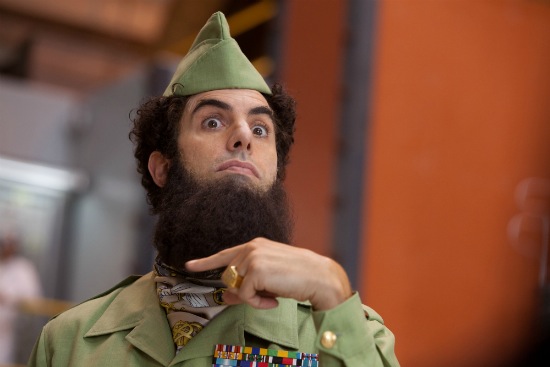
41 billion euros are at risk, if the president of Spain, Pedro Sanchez, does not recognize the interim president of Venezuela, Juan Guaidó, in the absence of legal security and exposure to expropriation policies.
According to the Ministry of Commerce of Spain, there are around 100 Spanish companies in Venezuela, including BBVA, Repsol, and Acciona. At the end of 2015 Spanish direct investments in Venezuela amounted to $21.3 billion euros.
This amount is equivalent to the total net assets of Spaniards who reside on Venezuelan soil, and is at risk in the face of prevailing legal insecurity.
“The big losers of the catastrophe that Venezuela is currently living through are not the companies of the IBEX; rather they are ordinary citizens and the estimation of their losses is more than necessary,” affirms the Venezuelan economist Rosana Sosa, currently based in Spain.
And she insists that from January 23, when Guaidó assumed the presidency, the capital invested in Venezuela runs the risk of being expropriated, as happened in Cuba.
This opinion is shared by finance expert, Boris Ackerman, who notes that Spain is the main foreign investor in Venezuela.
What is erroneously referred to as a “blockade” in Cuba, is no more than the embargo exercised by the United States as a result of the expropriation of more than 300 American-owned companies by the Cuban Communist Party, which has been in power since 1959.
Not only large companies that have branches in South America will suffer great consequences by not recognizing Guaido, but also the first and second generation Spaniards who live in Venezuela. During Maduro’s presidency their asset losses have already been greater than those of the corporations, given the continuous devaluation of the Venezuelan currency, the bolivar.
Taking into account that there are currently more than 415,000 Spaniards in Venezuela, whose average net worth is 50,000 euros, including commercial and residential real estate, Sosa projects that “the loss would be a figure higher than the 20 billion euros which multinational corporations have lost in Venezuela.
Sosa adds that Venezuela represents “an absolutely impoverished population living in very poor conditions, without medicine, without food, and perhaps with the worst public services in the Western world. The Spaniards who reside or own properties in Venezuela, are not exempt from that situation, indeed, they are from the populations most affected by the crisis.”
Therefore, she urges Spain to adopt the same position as that of England: the Bank of England’s stance recently prevented Maduro from withdrawing USD $1.2 billion dollars in gold from the reserves deposited there, equivalent to one sixth of the USD $8 billion in assets of the Central Bank of Venezuela.
Spain, by not taking a stand, runs the risk that the property belonging to Spanish citizens will be expropriated to compensate Maduro and his allies’ inability to acquire liquidity.
Although most countries have turned their backs on Maduro and ratified their support for Guaidó as legitimate president, in accordance with the Venezuelan constitution, there are still countries that have not declared their position. Among them is the one which has the greatest investment in Venezuela: Spain.
Sosa states that by not recognizing Guaidó as President, there will be a legal vacuum with regard to the assets of Spaniards in Venezuela. The position of Spain contrasts with the actions taken by the United States, whereby the Federal Reserve announced that the only individual authorized to carry out transactions in representation of the Venezuelan government at the state level is Guaidó. Maduro, being constitutionally illegitimate, does not have the power or the recognition to manage state resources.
The big problem is that the President of Spain is an ideological sympathizer with Maduro; in addition to his position as president, Pedro Sánchez is general secretary of his party: the Socialist Party of the Spanish Worker.
This has generated tension on the Spanish left. Before a meeting of the Socialist International, in the Dominican Republic, Sánchez said that the international organization backed Guaidó and called Maduro a tyrant, because of the repression exercised against citizens who sought democracy.
However, the United Left of Spain, with Pablo Iglesias of the Podemos party at the head, calls Guaido and his allies “coup leaders”, rejects the attempts to remove Maduro from power, and demands that Sanchez not recognize Guaidó.
Sosa argues that the socialist government of Pedro Sánchez “is putting at risk the assets of companies that generate jobs inside and outside of Spain.”
And she urges the government of Spain to recognize the democratic process, guaranteed in the constitution, in the face of the current legal vacuum.
 Versión Español
Versión Español













